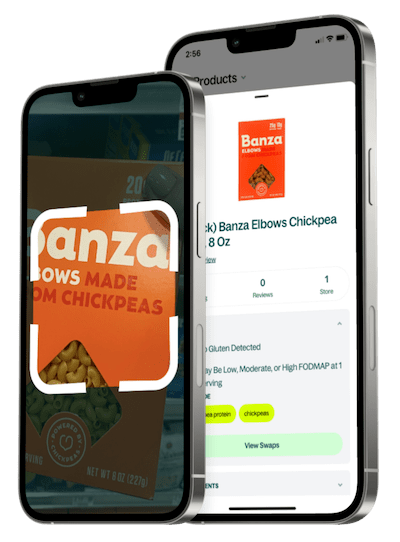Is Listerine Cool Mint Antiseptic Mouthwash Vegetarian?

Description
Strong, cool mint flavor with a brisk, tingling bite; thin, waterlike texture coats the mouth briefly. Commonly used as a thirty-second rinse after brushing or between meals to freshen breath and reduce oral bacteria. Reviews note long-lasting freshness and effectiveness, though some users occasionally find the burn intense or harsh.

Description
Strong, cool mint flavor with a brisk, tingling bite; thin, waterlike texture coats the mouth briefly. Commonly used as a thirty-second rinse after brushing or between meals to freshen breath and reduce oral bacteria. Reviews note long-lasting freshness and effectiveness, though some users occasionally find the burn intense or harsh.
Ingredients
Active Ingredients: Eucalyptol (0.092 %), Menthol (0.042 %), Methyl Salicylate (0.060 %), Thymol (0.064 %). Purpose: Antiplaque/Antigingivitis, Antiplaque/Antigingivitis, Antiplaque/Antigingivitis, Antiplaque/Antigingivitis. Inactive Ingredients: Water, Alcohol (21.6%), Sorbitol, Poloxamer 407, Benzoic Acid, Sodium Saccharin, Sodium Benzoate, Flavor, Green 3.
What is a Vegetarian diet?
A vegetarian diet eliminates meat, poultry, and fish but typically includes dairy, eggs, and plant-based foods. People adopt it for ethical, environmental, or health reasons. This diet emphasizes fruits, vegetables, legumes, grains, nuts, and seeds as key nutrient sources. Vegetarians often get protein from eggs, tofu, beans, and lentils. It can offer health benefits such as reduced risk of heart disease and improved weight management, though attention should be given to nutrients like iron, zinc, and vitamin B12. With proper planning, a vegetarian diet can be both nutritionally complete and sustainable.


